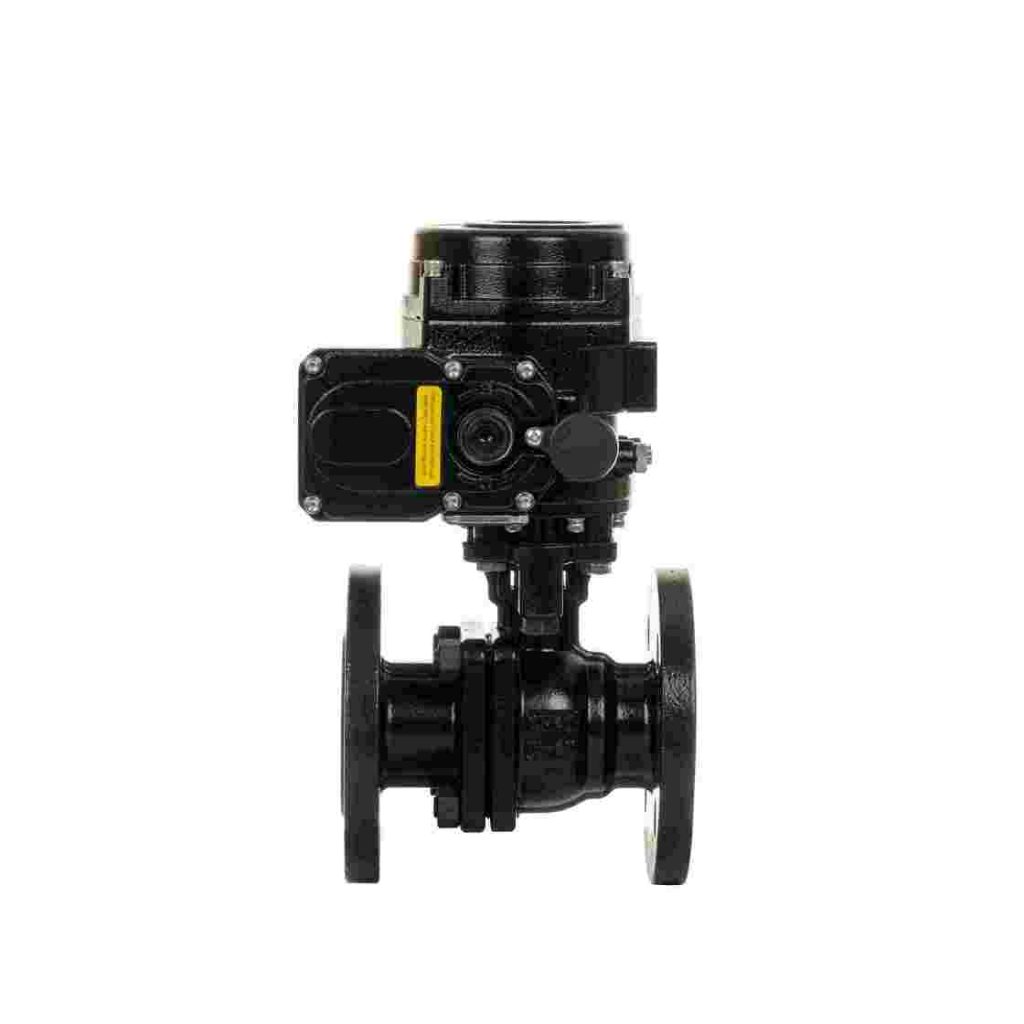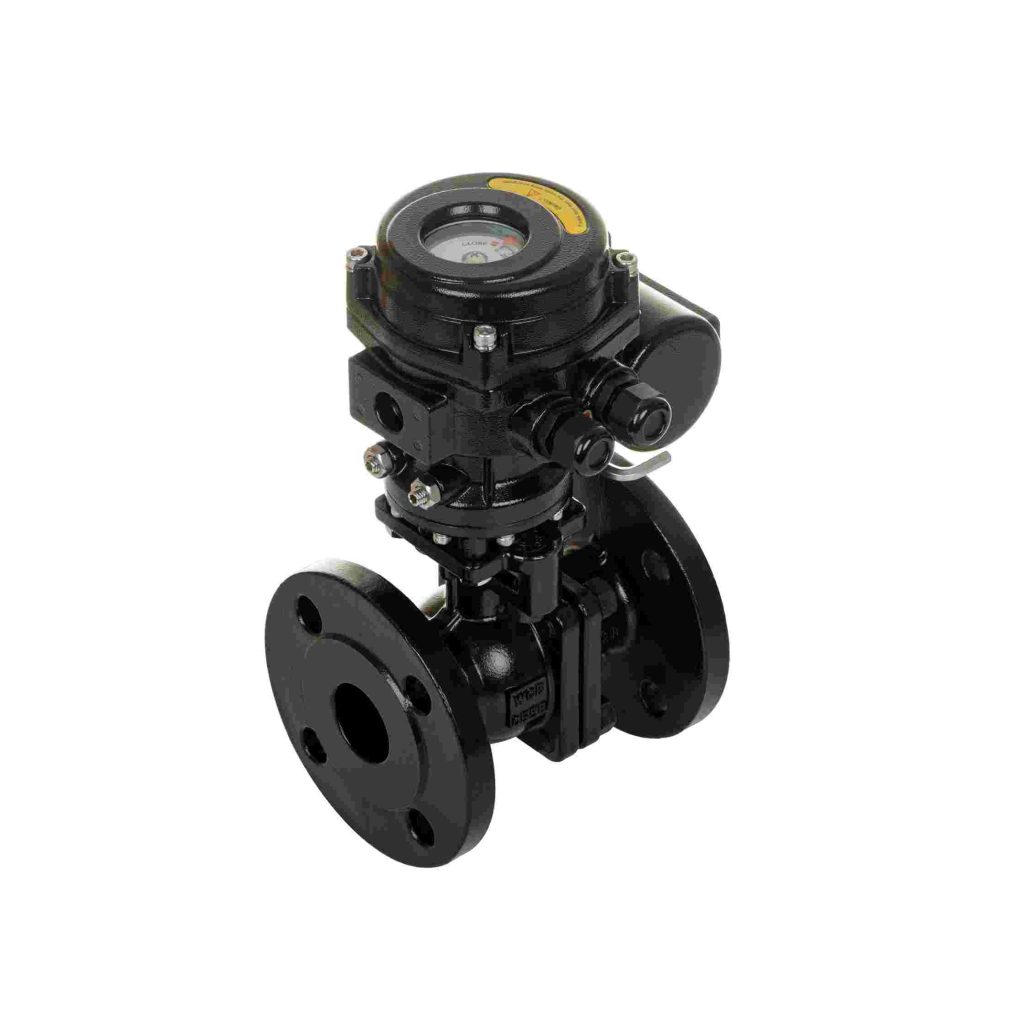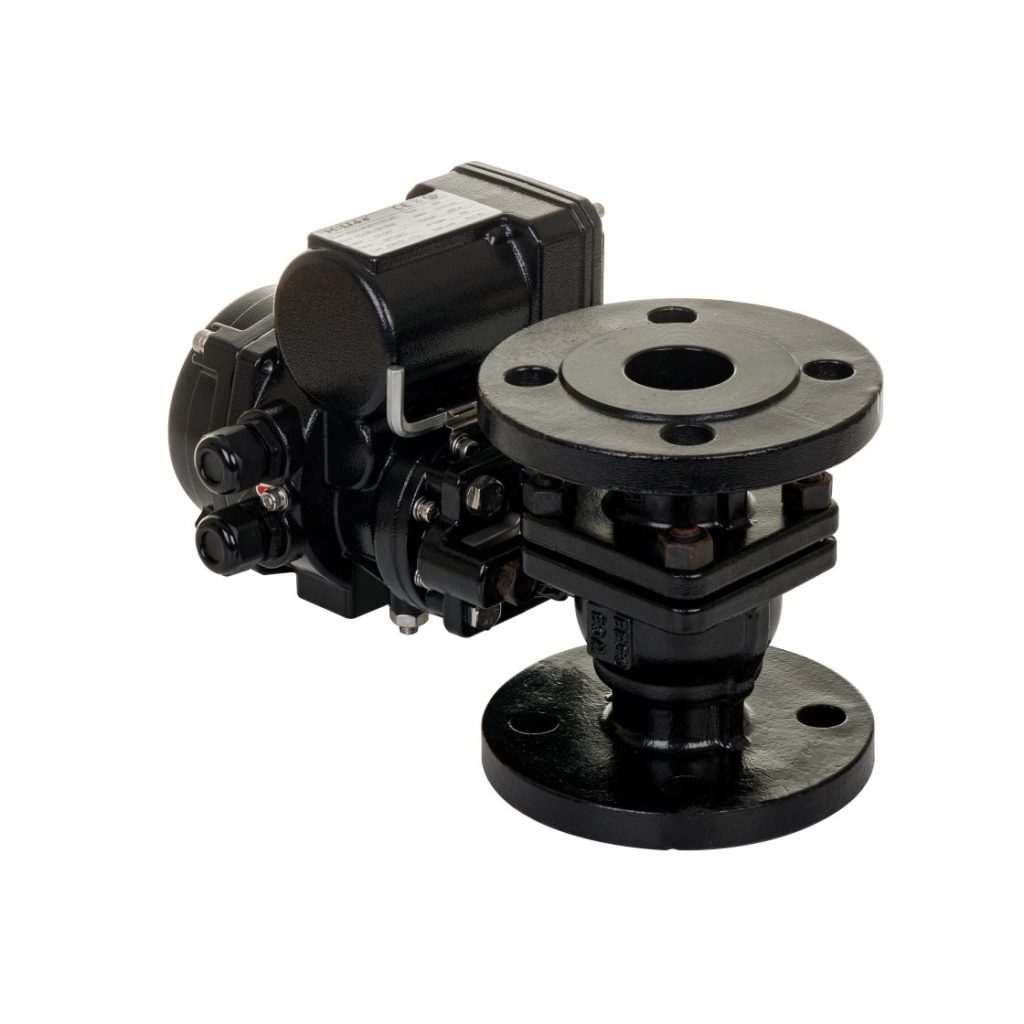In recent years, the pursuit of sustainable energy solutions has led to a growing interest in hydrogen energy as a clean alternative to fossil fuels. Among the critical components required for hydrogen energy systems, the electric flange ball valve plays a pivotal role. This article delves into the significance, functionality, and advantages of hydrogen energy electric flange ball valves in modern energy applications.

Understanding Hydrogen Energy

Hydrogen energy is derived from hydrogen, the most abundant element in the universe. It can be produced through various methods, including water electrolysis, natural gas reforming, and biomass gasification. When hydrogen is used as a fuel, it generates electricity, emitting only water vapor as a byproduct, making it an environmentally friendly option. The versatility of hydrogen allows it to be utilized in fuel cells for vehicles, stationary power generation, and even as a feedstock in various industrial processes. The Role of Electric Flange Ball Valves Electric flange ball valves are essential components in hydrogen energy systems. They are designed to control the flow of hydrogen gas with high precision and reliability. A flange ball valve consists of a spherical disc (the ball) that rotates to open or close the valve, allowing or restricting flow. The “electric” aspect refers to the valve’s actuation method, which utilizes electric power for operation, providing enhanced automation and remote control capabilities.

Leave a Reply